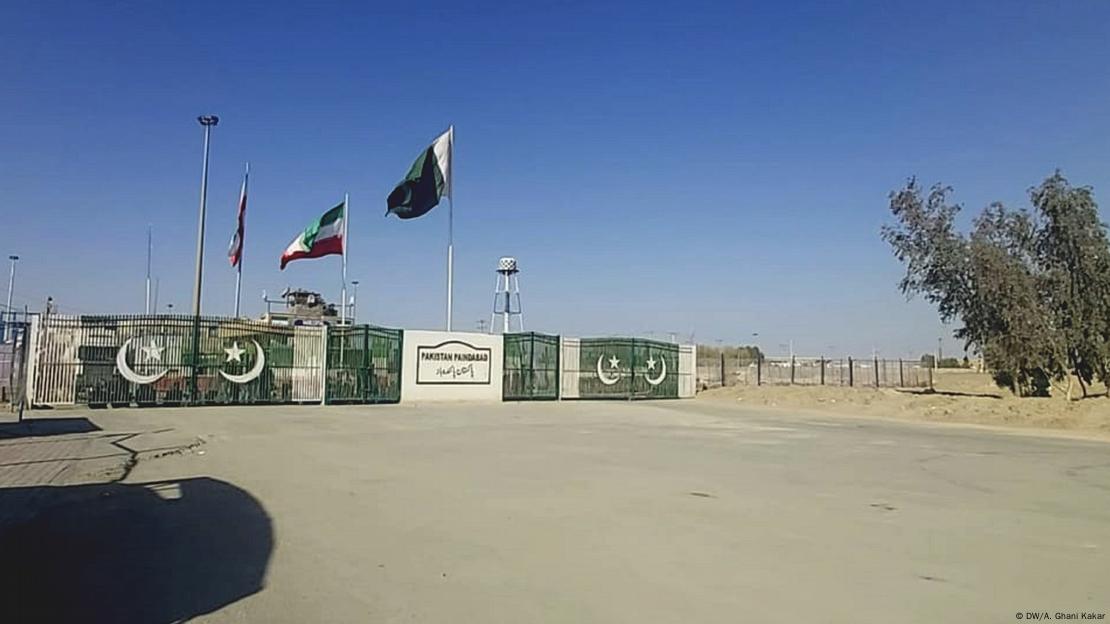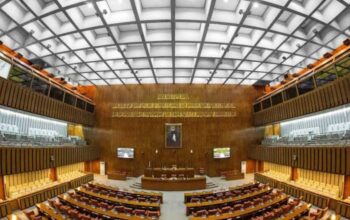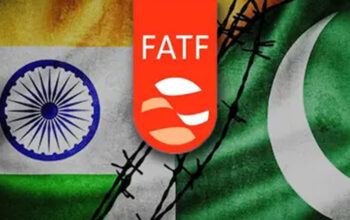By Staff Reporter
ISLAMABAD: Pakistan indefinitely sealed its border with Iran across Balochistan’s Turbat, Panjgur, and Gwadar districts Sunday, reacting to the spiraling Israel-Iran conflict that has stranded hundreds of Pakistani pilgrims in Iran and Iraq.
The closures, coupled with suspended air travel, underscore Islamabad’s scramble to evacuate citizens amid regional turmoil sparked by Israel’s airstrikes on Iranian nuclear sites.
The Israeli offensive, launched Friday, killed Iranian commanders and scientists in a bid to thwart what Israel claims is Tehran’s nuclear weapons push, a charge Iran rejects, asserting its uranium enrichment is peaceful. The strikes have upended air routes and heightened security risks, prompting Pakistan to adopt stringent measures to safeguard its citizens and border areas.
Deputy commissioners across Balochistan issued statements on Sunday detailing the closures. In Gwadar, the district administration announced the suspension of the Gabd-Kalato 250 border corridor “until further notice,” citing instructions from the provincial government. “The public is requested to cooperate and contact the district administration for any information or guidance,” the statement said.
In Panjgur, authorities went further, halting all movement by foot across border points and banning fuel deliveries as a precautionary measure. The district administration attributed the decision to “the possible uncertain situation in Iran and the security threats arising from international tensions.” It urged residents to “fully cooperate” and avoid unnecessary travel to prevent “any unexpected situation.”
While the Taftan border crossing in Chagai district remains operational, facilitating cross-border trade and passenger movement, Pakistan’s Ministry of Interior has advised citizens to avoid travel to Iran. Airspace between Pakistan and Iran remains suspended, further complicating the situation for stranded Pakistanis.
Foreign Minister Ishaq Dar, also deputy prime minister, posted on X that 450 pilgrims were extracted from Iran on Sunday, including 154 students in an initial group. “Our Embassy in Iraq is in contact with Pakistani zaireen stranded due to the closure of airspace,” he said. “Measures are underway to ensure their safe stay in Iraq and possible evacuation.”
Dar also announced that the Foreign Office’s Crisis Management Unit is operational around the clock, providing contact details (+92 51-9207887 and [email protected]) for those seeking assistance. “Our embassies in the region are closely coordinating all necessary efforts to support Pakistani nationals and zaireen.”
Prime Minister Shehbaz Sharif, responding to Israel’s initial strikes, directed authorities on Friday to provide “every possible assistance” for the safe return of Pakistani pilgrims in Iran.
The Foreign Office has advised against travel to Iran and Iraq given the “evolving security situation.”
Still, local newspapers, quoting diplomatic sources reported that thousands of Pakistani religious tourists and pilgrims remain stuck in Iran and Iraq, with limited access to embassy support.
One Pakistani traveler, speaking anonymously, said the emergency number for Pakistan’s embassy in Tehran was unresponsive. Similar complaints were lodged about the embassy in Iraq, where no one answered emergency lines.
Adding to the confusion, sources noted that Pakistan’s ambassador to Iran, Mudasir Tipu, is currently in Pakistan for official meetings, though the Foreign Office insisted the embassy in Tehran is working to assist citizens. The Pakistani embassy in Iraq, meanwhile, issued a notice stating it would be closed on June 15 for a religious holiday, though sources said it was otherwise operating normally.
Copyright © 2021 Independent Pakistan | All rights reserved




